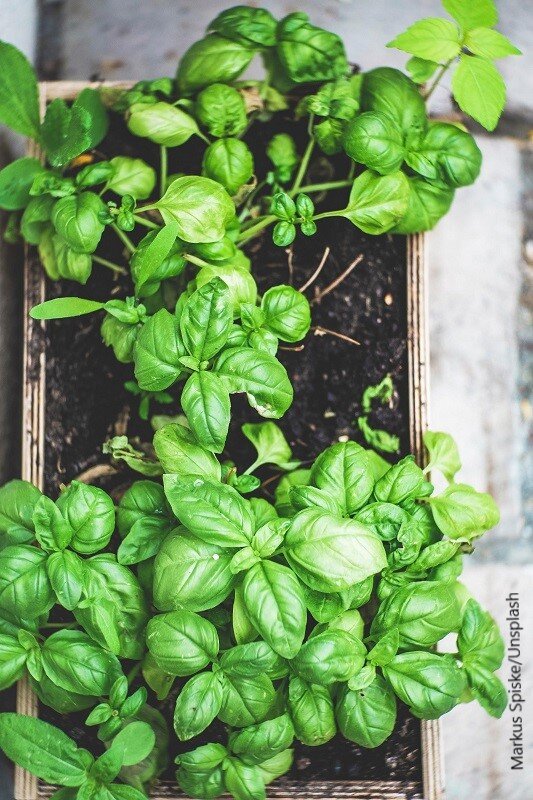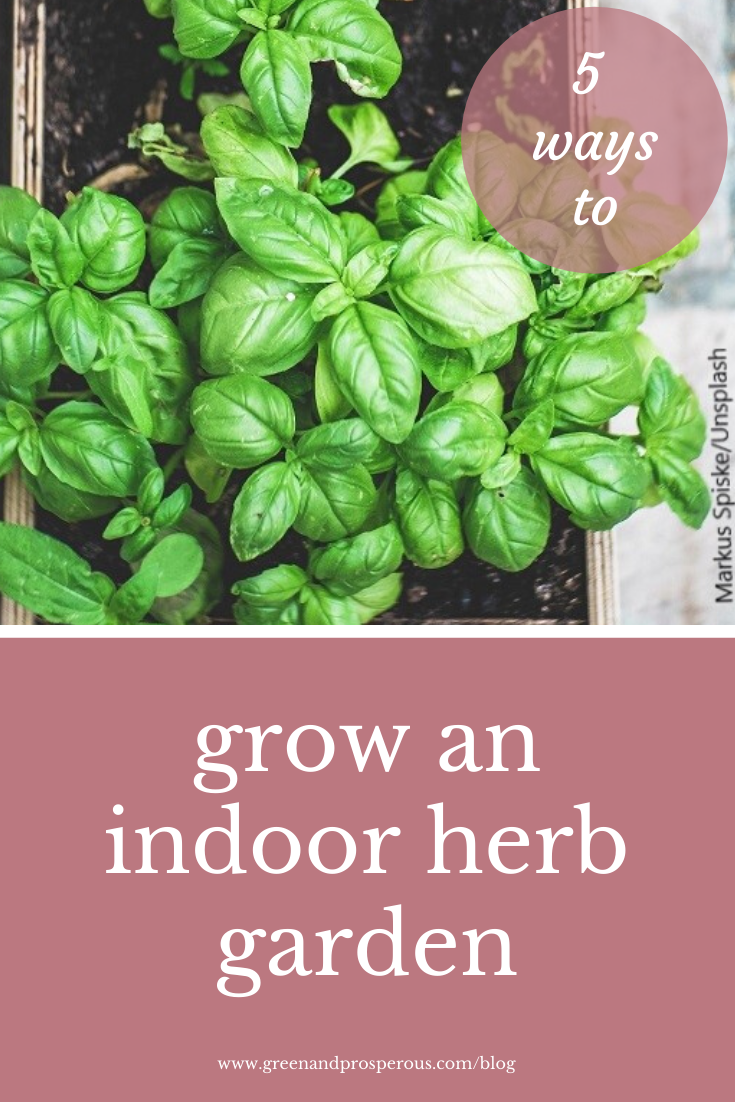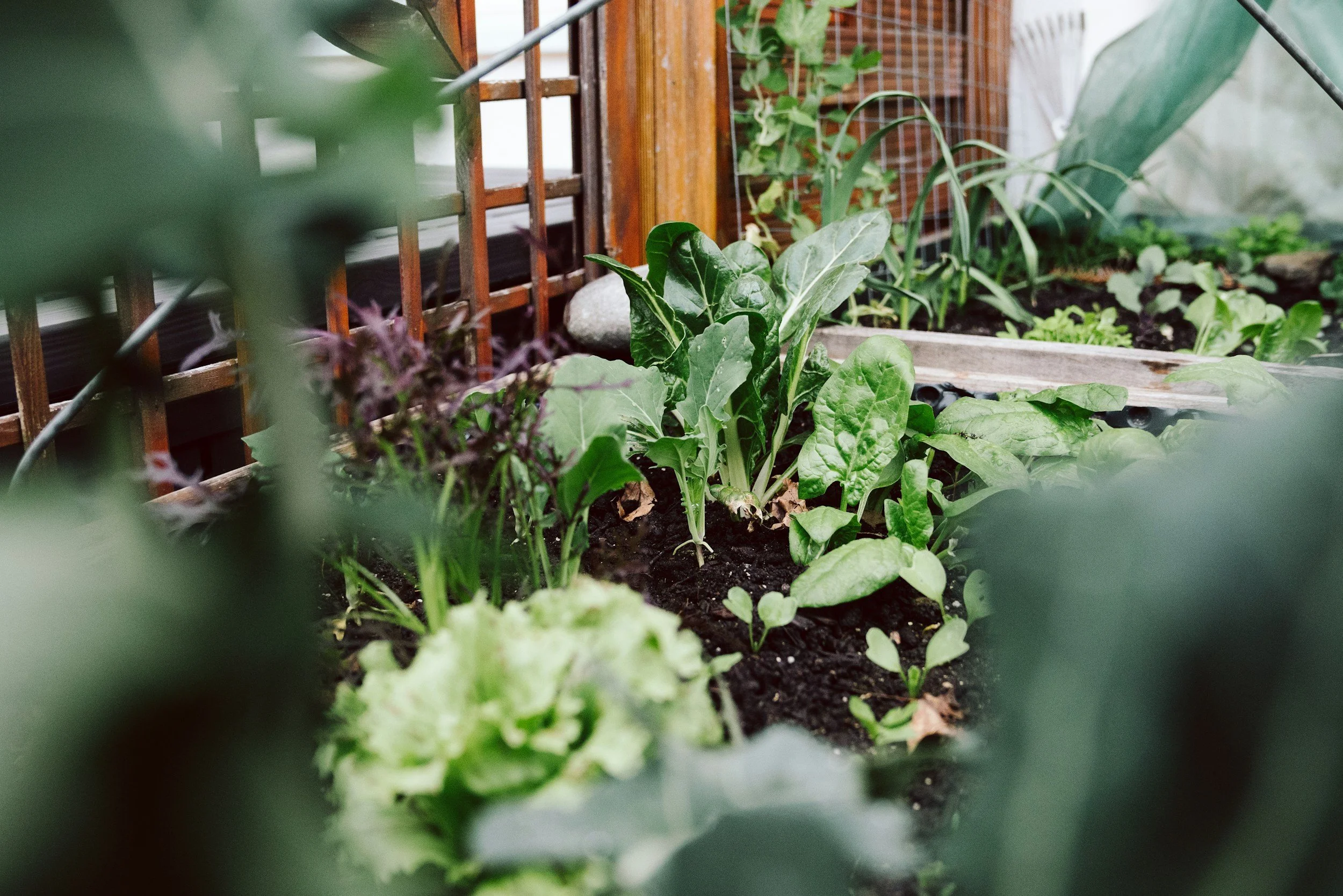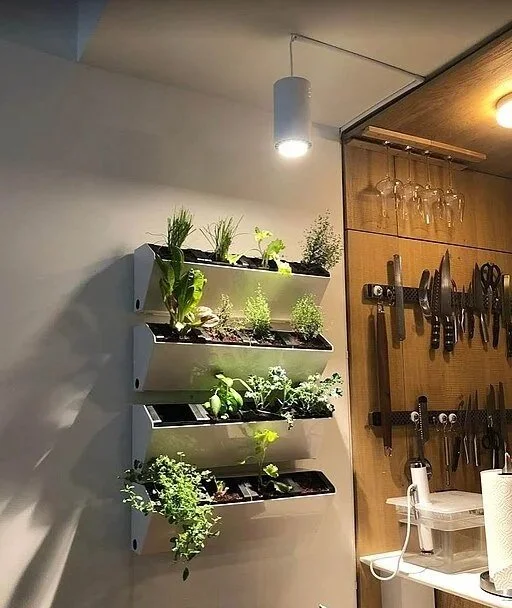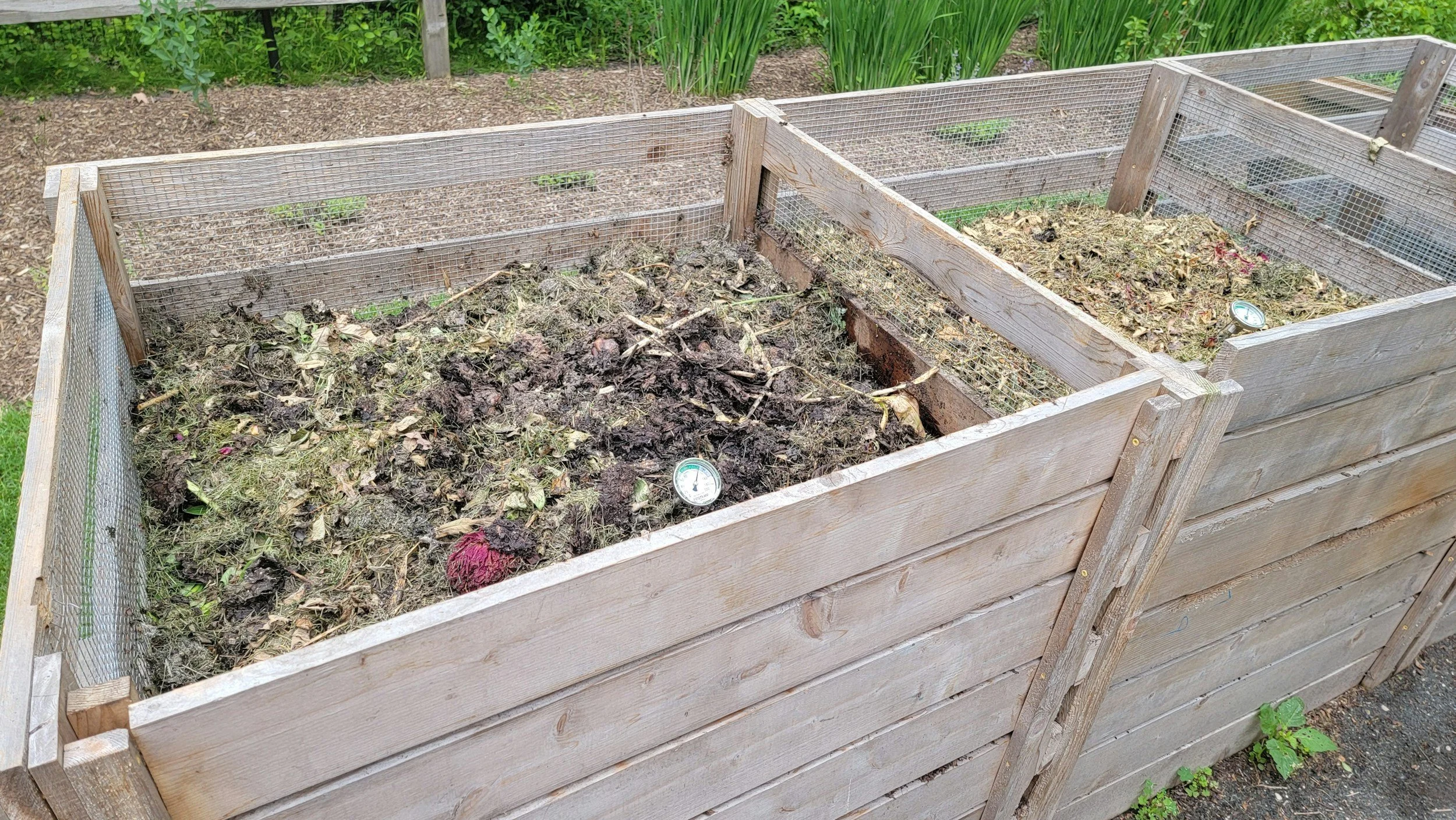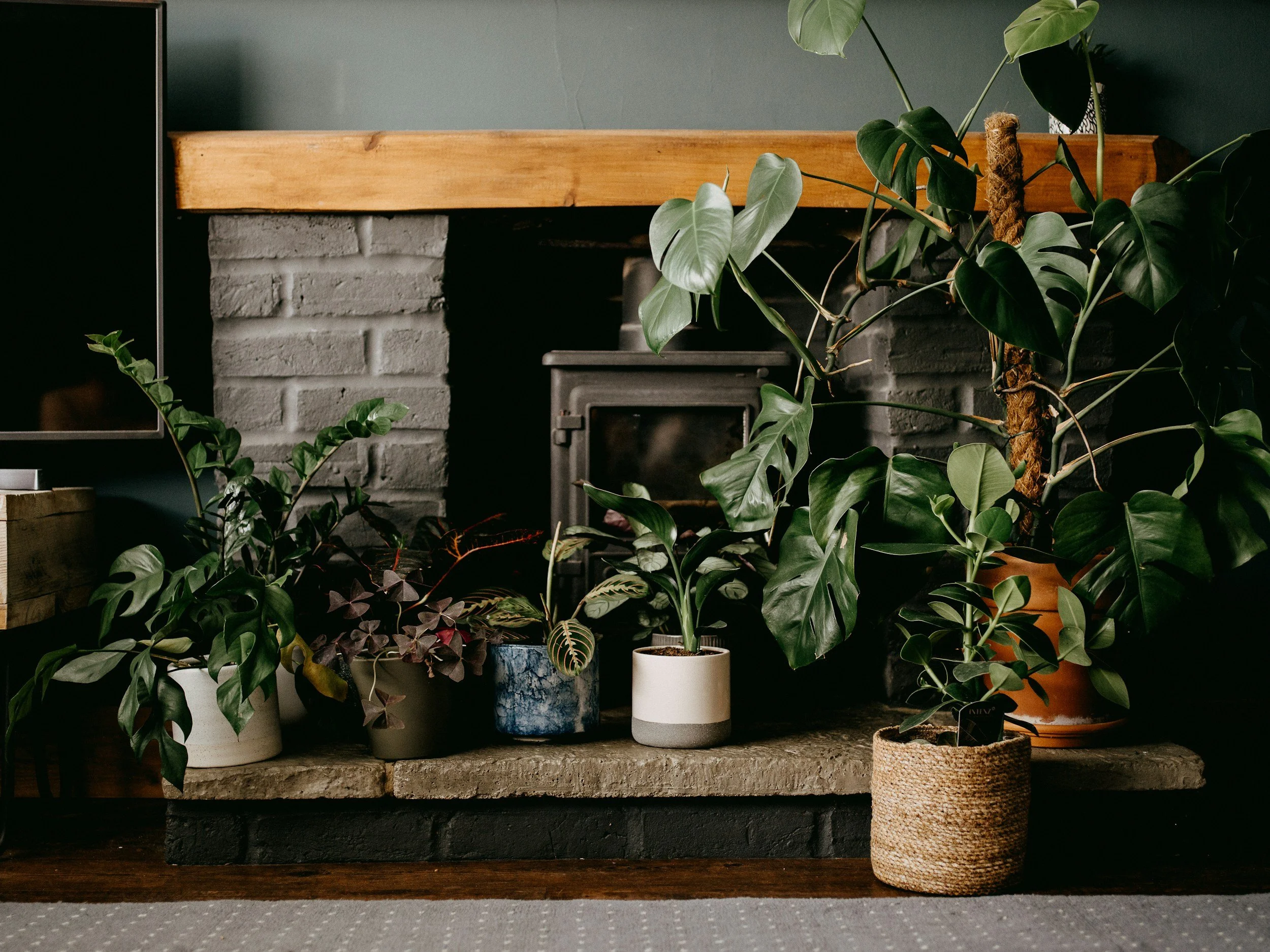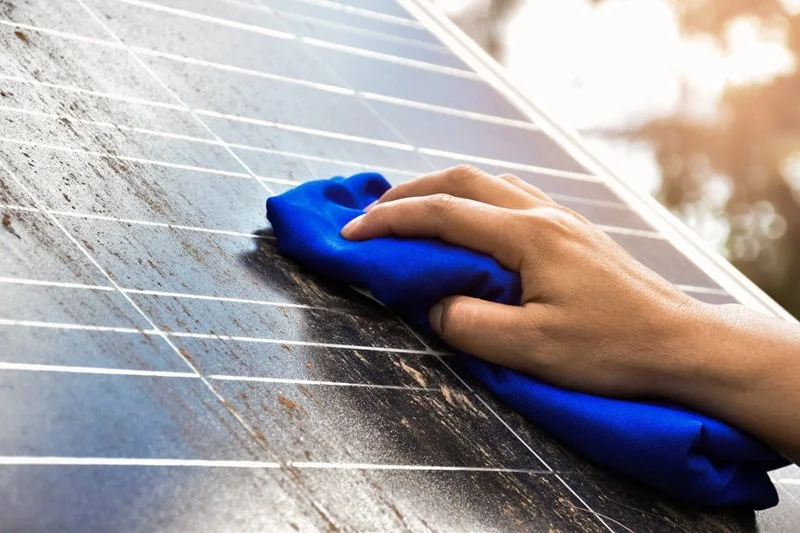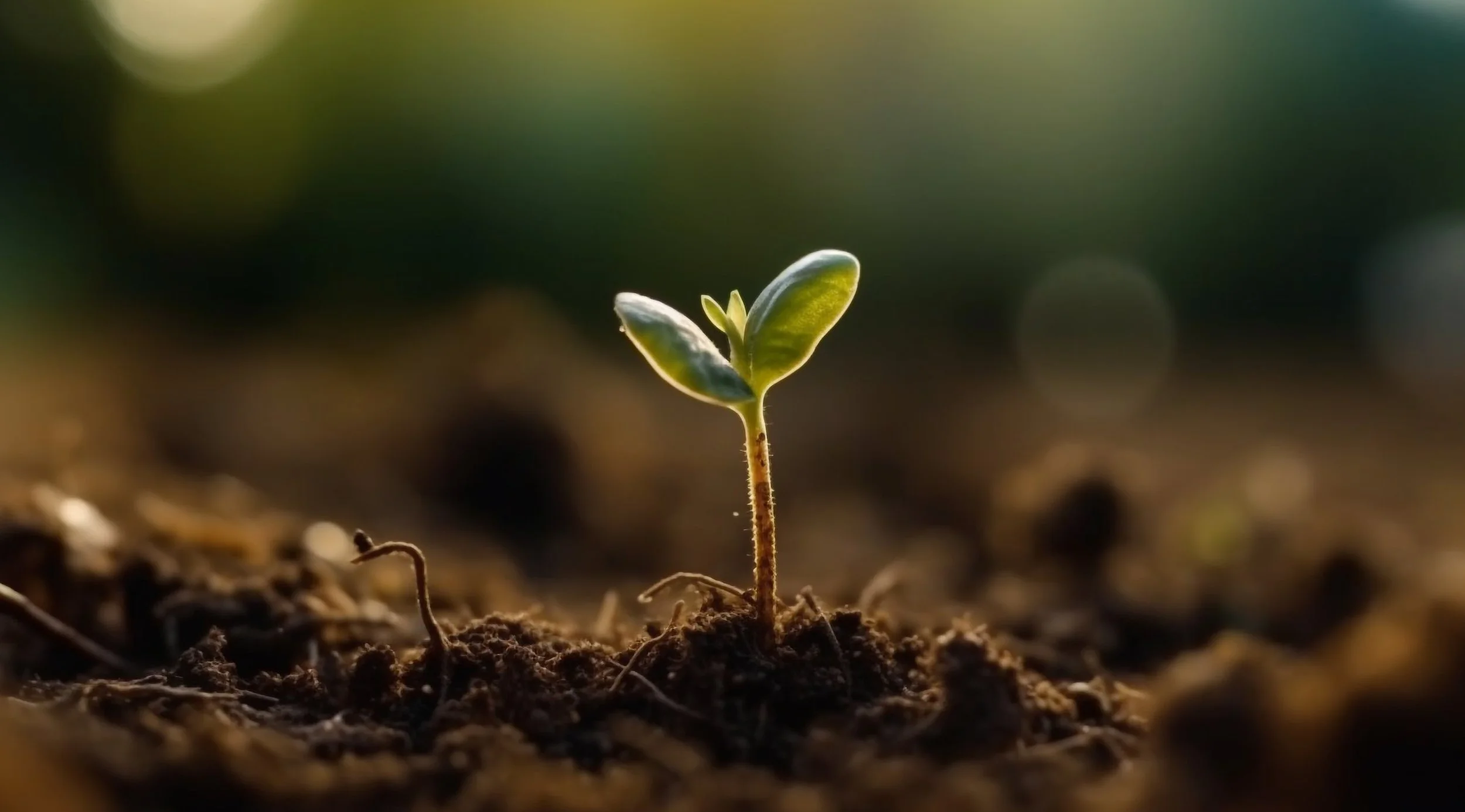5 Ways to Grow an Indoor Herb Garden
/It is relatively simple and straightforward to grow an herb garden indoors as long as you have the relevant knowledge. Growing your herb garden is an excellent way to satisfy all your needs without going to the market to buy them again and again. The current situation with the pandemic means you should minimize the times you venture out, as you risk contracting the virus every time you go out.
You should also take care that no harmful chemicals are put on your herbs, ensuring that you do not compromise your health. You will find that you can now indulge in a different league of flavors and aroma by using the freshest herbs straight out of the garden. You can also make the interior of your home pleasant and aesthetic by filling it with greenery. An indoor herb garden will also recycle the air inside your home, improving your health and your family's health.
With the restrictions on being outdoors in the urban environment, it is more timely than ever to use the space inside our homes for growing plants and herbs. Indoor herb gardens also offer an incredible level of control on the pests as you close the garden completely, ensuring that pests do not enter. If you are new to growing an indoor herb garden, you will find these 5 ways to grow an indoor herb garden beneficial.
1. Find a Spot that Gets Plenty of Sunlight
Although indoor plants require almost no sunlight at all to grow, most herbs require sunlight in varying amounts to thrive. Generally, you must place your herb garden in the location of your home that receives an abundance of sunlight to have a blooming herb garden. The intensity of the sunlight even affects the flavors of the herbs, with strong light encouraging robust growth and flavor. South-facing windows offer the most hours of sunlight in a day.
Adequate sunlight is one of the most critical factors that affect how successful your herb garden is as most herbs require a minimum of 6 to 8 hours of direct sunlight. You can start your herb garden near a large window, and you can place a table adjacent to it if the windowsill is not large enough to host many herbs. Another quick fix for glass windows is using a suction cup window post holder that you can attach directly to the glass.
Wall units and kitchen counters are other popular spots for growing an indoor herb garden, as long as they receive adequate sunlight. You can even use artificial light if your place does not have adequate sunlight indoors, such as a grow light setup. You can use a CFL light bulb to provide an additional light supplement if you are only growing a few herbs. It would be best if you placed the plants at one foot from the full spectrum grow lights. You must keep it on for 12 to 16 hours a day if you are using only artificial light to grow your herb garden.
2. Ensure Good Soil Quality
A good soil mix ensures there are adequate quantities and variety of nutrients in the pots for the herbs to absorb. You can regularly supplement organic matter to the soil by adding worm castings and soil bacteria to maintain a healthy microbiome. If you are initially planting in a smaller pot, you must be ready to transplant to a bigger pot once your herb grows to the capacity of your pot.
For instance, cannabis is a herb that thrives in high quality, organic soil with adequate drainage facilities. With governments easing laws regarding the cultivation of cannabis, you can easily grow these plants in your home. If you plan on growing at home, make sure to get indoor cannabis seeds from reputed CBD Canada retailers for your herb garden.
3. Ensure Proper Drainage
Improper drainage will rot the roots of your herbs and it is the most common cause of ruining a herb garden. The quality and integrity of soil also play an important part in maintaining the drainage. Make sure your pot has enough holes at the bottom to let the excess water drain. The drain hole must be small enough to let the excess water out but not let the soil leach out. If your pot does not have drainage holes, they must be deep enough to make a reservoir by using rocks at the bottom for excess water to seep in.
4. Ensure Adequate Moisture and Humidity
You must maintain moisture in the soil without letting it dry out completely. Herbs are generally comfortable growing in indoor temperatures. However, if you use an air conditioner or a heater to control the temperature, the humidity in the air may drop severely, affecting herbs. Be sure to regularly rehydrate your herbs to ensure that the pots do not dry out.
Herbs also require adequate air circulation to ensure sufficient carbon dioxide supply and prevent the growth of mildew. Adding vermiculite in the soil will allow for water retention over a longer period in dry climates.
5. Choose the Best Herbs to Grow Indoors
Not every type of herb will be ideal for growing in your herb garden due to climatic and space constraints. Before planting your herbs, ensure that you plant those with a high rate of adaptability and support multiple harvests. If your indoor herb garden does not receive adequate sunlight, you may also choose to grow the herb varieties that require lower amounts of sunlight, such as chives, mint, and parsley.
Conclusion
There is no better feeling than coming back to your home and indulging in the soothing aromas of the various herbs in your indoor herb garden. Several herbs easily thrive in an indoor environment. You will first need to allocate a safe spot in your home to create your indoor herb garden. Every herb has different characteristics and requirements, and you will need to ensure that you research the herb thoroughly before planting them in your herb garden.
Knowing about growing a herb will ensure that you use the right type of soil, adequate hydration, and sunlight, and confirm if they can grow in your local climate. An indoor herb garden can be useful in growing herbs, which are a natural remedy in treating a variety of common health issues. Contrary to popular belief, you do not necessarily need to invest in expensive tools and equipment to start an indoor herb garden making it viable for everyone.
Jeffery Thompson is a blogger whose writing focuses on medicinal herbs.
Like this? Please Pin!






